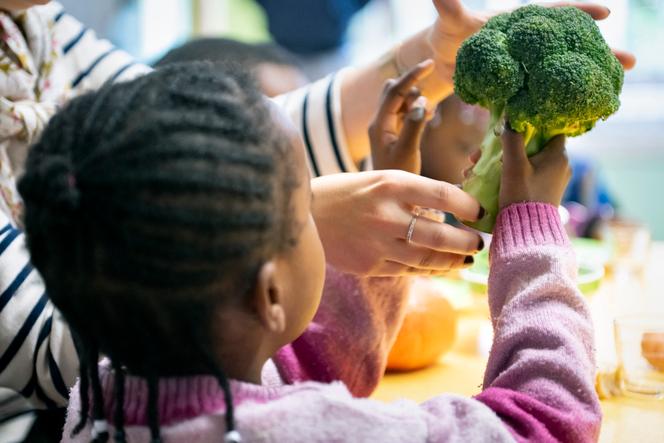


"When we talk to some of our customers about vegetarian dishes, we sometimes get the response that they're not birds and don't eat seeds!" said Carole Galissant, director of food transition at Sodexo, a food service multinational that mainly delivers lunches for school and company cafeterias. Galissant is well aware that, depending on whether you're talking to middle and high school students, care home residents, companies or prisons, you can't be using the same message. To teenagers concerned about the environment, offering "good for the planet" menus is more appealing. Older people, on the other hand, will be more easily persuaded to turn to plant-based dishes if the emphasis is placed on health benefits and the need to eat more fresh fruit and vegetables. As for those more attached to their rib steak, they will – perhaps – simply be seduced by an appetizing dish. "We have to adapt our messaging and create as many scenarios as we have customers," said the nutritionist.
Food is at the crossroads of the fight against global warming, the loss of biodiversity, health and the fight against social inequality, but it also touches on pleasure and community. In association with the Institute for Climate Economics (I4CE), the Institut pour le Développement Durable et les Relations Internationales (IDDRI) presented a report on how French diets will change by 2035 on February 3. Designed to complement the many existing studies on the transition of agricultural models, the study aimed to overcome the common preconception that nothing can be done to change our eating habits and that any measure would necessarily be restrictive.
You have 78.86% of this article left to read. The rest is for subscribers only.
